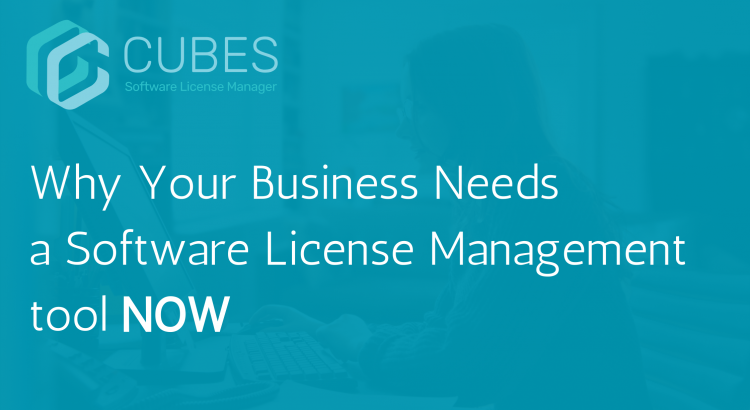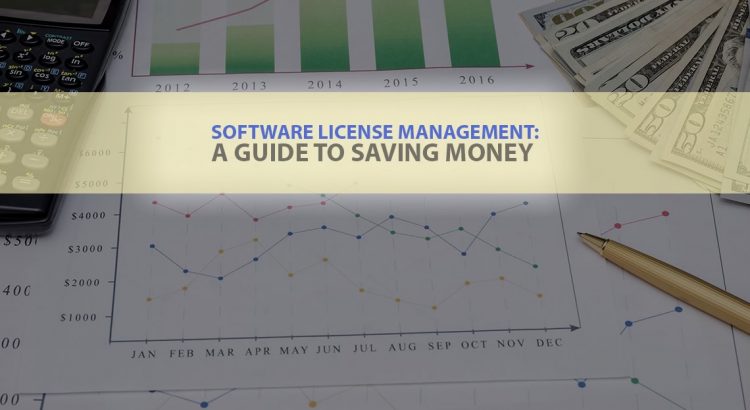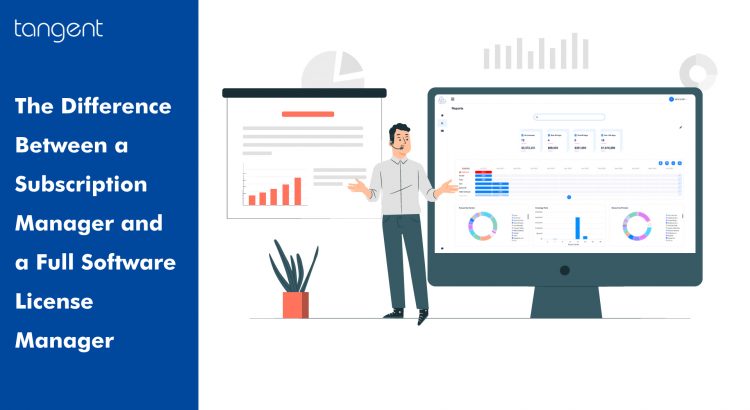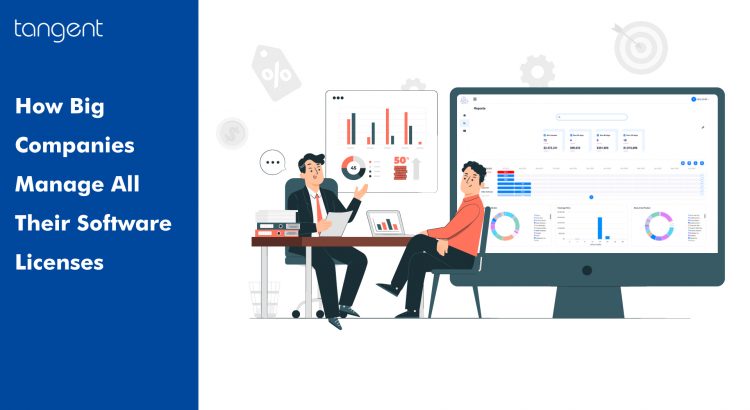A quick Google search shows that many users still rely on Excel for software license management, especially in forum discussions. However, a 2023 article from Techradar highlighted a major disconnect: “Surveying six million customers across nine industries and 12 regions, Nexthink examined over 30 popular software tools and found that 50% of all licenses were […]
Category: Cubes

Why Your Business Needs a Software License Management Tool NOW
Unused software licenses can lead to unnecessary IT spending, a common issue in many IT organizations. Without proper records or systematic tracking, finances can slip through the cracks unnoticed. Inefficient license management results in non-compliance and hefty fines. Cubes helps organizations record and manage software licenses, significantly reducing unwanted IT spending and ensuring audit-readiness. 3 […]

Software License Management: A Guide to Saving Money
Software License Management helps to identify cost-saving opportunities and avoid unnecessary expenses.
Manage Your Company’s Software and Subscriptions from One Place: Cubes, License Manager
Keep track of your company’s software and subscriptions with Cubes, the comprehensive software license manager. Streamline your operations with ease! As a business owner or IT administrator, you know how difficult it can be to keep track of all the software and subscriptions your company uses. From licenses to renewals, it can quickly become overwhelming. […]
Stay on Top of All Your Subscription Payments with a Software License Manager
A software license manager helps you manage your subscription payments and stay on top of all your licenses. Learn more about this tool and its benefits. As businesses and individuals increasingly rely on software for their daily operations, managing software licenses and subscription payments can become a tedious and time-consuming task. Failure to manage licenses […]
Cut Business Expenses with a Software License Manager
Discover how a software license manager can help your business save money and optimize your software usage. Learn more about its benefits here. What is a Software License Manager? A software license manager is a tool that helps businesses track and manage their software licenses. It provides an efficient way of managing licenses and helps businesses stay […]

The Difference between a Subscription Manager and a Full Software License Manager
Do you know what truly sets a software license manager apart from a subscription manager?” A software license manager and a subscription manager may seem like similar entities, but in reality, they serve distinct purposes. A quote from Michael Feiner, a renowned management expert, puts it perfectly: “Good managers know how to delegate; great managers […]

How Big Companies Manage All Their Software Licenses
Have you ever stopped to think about the sheer number of software licenses a large company might have to manage? With hundreds, if not thousands of employees, each with their own devices, programs and applications, the task of keeping track of software licenses is a complex one. According to a recent survey, the average cost […]
Manage Your Software Licenses with CUBES: The Ultimate Software License Manager for 2023
The global licensing market is projected to hit $445.06 billion by 2027, with a CAGR of 4.8% from 2022 to 2027. As a result, companies are shifting to tools (Software License Manager) to track and manage their licenses. These software license manager tools offer huge cost savings, low risk of penalties, strategic alignment, competitive advantage, and […]

4 Benefits from CUBES License Manager
Do you have a good handle on your software license budget? Are you wasting the money that goes towards that budget on unused licenses? Many organizations have (or should have) a Software Asset Management (SAM) program in place as part of their overall business strategy. The goal of this is to help reduce costs, limit […]
